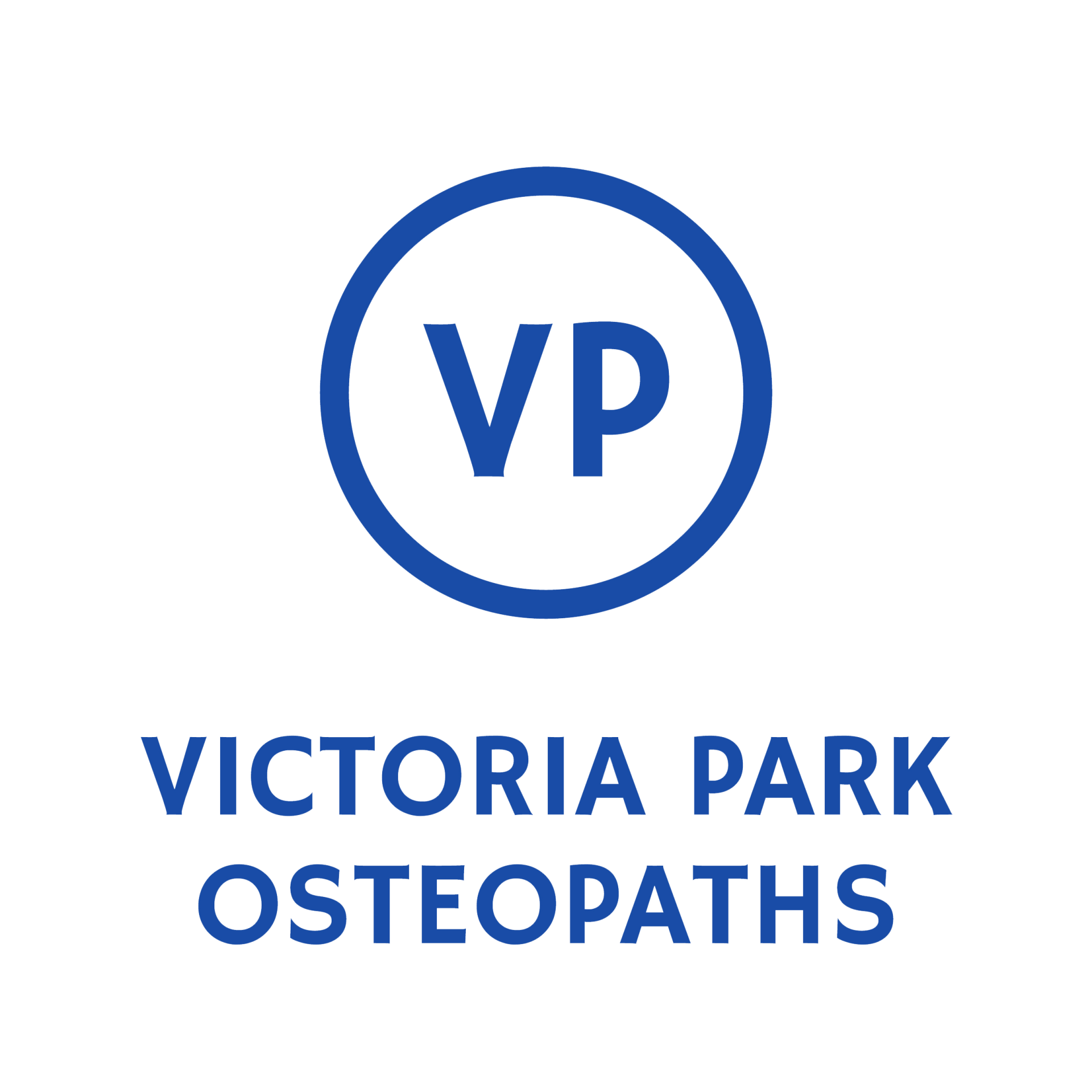What is Fibromyalgia?
Fibromyalgia is a chronic pain condition characterised by widespread musculoskeletal pain, heightened sensitivity to pressure, and often a combination of fatigue, sleep disturbance, and cognitive symptoms. It affects how the nervous system processes pain, meaning the body can become more reactive to normal sensations.
It is not caused by joint or tissue damage, but by
changes in how the brain and nerves interpret pain signals. Symptoms tend to fluctuate over time and can be affected by stress, sleep, hormones, posture, and activity levels.
Symptoms & What You May Experience
Fibromyalgia can vary greatly from person to person, but common symptoms include:
- Widespread aching or burning pain in multiple areas
- Tenderness to touch or pressure
- Muscle stiffness, especially in the morning or after inactivity
- Fatigue or low energy levels
- Sleep disturbance or unrefreshing sleep
- “Fibro fog” – difficulty concentrating or slowed thinking
- Headaches or migraines
- Restless legs, tingling, or altered sensation
- Jaw pain or TMJ tension
- Sensitivity to temperature, light, or noise
- Flare-ups triggered by stress, overactivity, illness, or hormonal changes
Pain may be worse in the neck, shoulders, back, hips, or limbs, but can move around.
What causes Fibromyalgia?
The exact cause isn't fully understood, but contributing factors may include:
- Nervous system hypersensitivity (central sensitisation)
- Stress or emotional trauma (past or current)
- Hormonal changes (e.g. peri/menopause)
- Sleep disturbance or chronic fatigue
- Previous injury or chronic pain condition
- Infections or illnesses acting as triggers
- Genetic predisposition in some people
Fibromyalgia often develops gradually but may follow a significant life event, illness, or trauma.
How We Help (At Victoria Park Osteopaths)
Although fibromyalgia cannot be “cured,” symptoms can be significantly managed and improved with the right approach. Treatment is gentle, supportive, and patient-led. We may use:
- Soft tissue therapy to ease muscle tension and calm the nervous system
- Gentle joint mobilisation to improve mobility and reduce stiffness
- Breathing and relaxation techniques to support pain regulation
- Graded exercise therapy to build tolerance without flare-ups
- Postural and movement advice for daily comfort
- Pacing strategies to avoid boom-and-bust patterns
- Education around pain science and self-management
- Supportive adjuncts such as acupuncture if appropriate
The focus is on comfort, body awareness, and long-term symptom management.
Recovery Time & What to Expect
- Fibromyalgia is a long-term condition, but symptoms can improve significantly with a tailored plan
- Progress is often gradual and based on consistency rather than intensity
- Flare-ups are normal but become less frequent and less intense when strategies are in place
We work with your goals, energy levels, and preferred treatments.
When to Seek Medical Review / Red Flags
You should seek further assessment if you experience:
- New or rapidly worsening symptoms
- Persistent joint swelling, redness, or heat (not typical of fibromyalgia)
- Unexplained weight loss, fever, or night sweats
- Numbness, weakness, or neurological changes
- Suspicion of another underlying condition
We can also work alongside your GP, pain specialist, or rheumatologist when needed.


